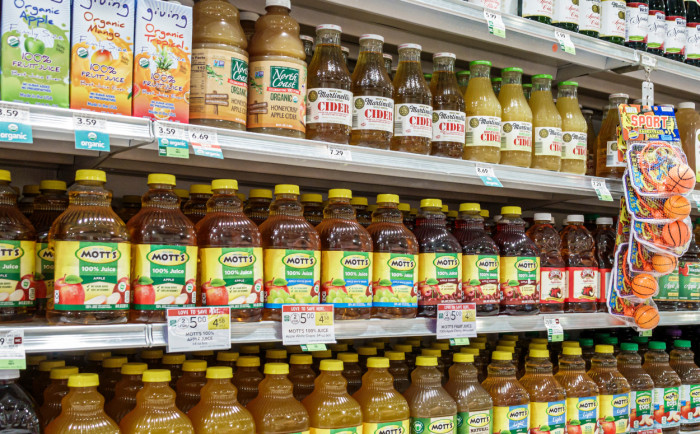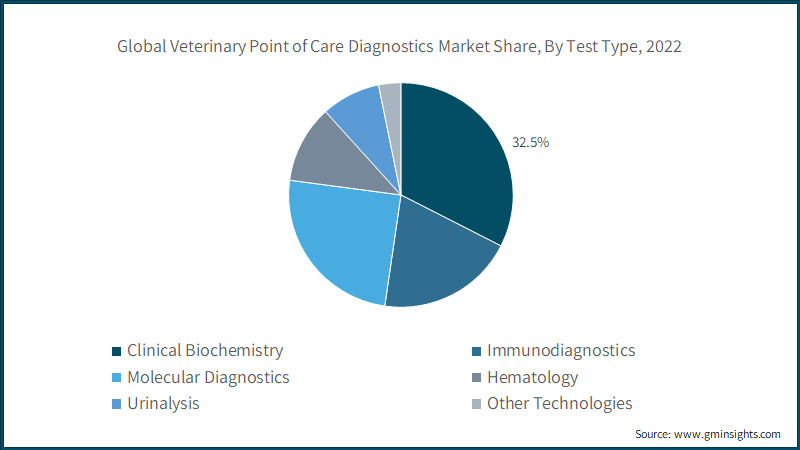Apple Juice Recall Expanded to 133,500 Cases Due to Arsenic Concerns
An apple juice recall that began early last week has been expanded amid growing concerns of elevated arsenic levels in the drink. The recall, initially affecting only 10,000 cases of Great Value brand apple juice sold by Walmart, has now expanded to include 133,500 cases of various brands produced by Florida-based manufacturer Refresco Beverages.
The Brands and Products Affected
The expanded recall includes apple juice sold under various brands, including PET, Market Basket, Nice!, Weis, Urban Meadow, Nature's Nectar, Wellsley Farms, Solevitea, and Clover Valley. The products were sold in 8-ounce, 64-ounce, and 96-ounce bottles at Walmart and Aldi stores in dozens of states and Puerto Rico and Washington.
Why the Recall?
The recall is due to concerns about elevated levels of inorganic arsenic in the apple juice. Inorganic arsenic is a toxic heavy metal that can be harmful to human health, particularly for children. While exposure to low levels of arsenic is unlikely to cause immediate health problems, prolonged exposure can lead to various health issues, including cancer.
What to Do If You Have Recalled Apple Juice
If you have purchased any of the apple juice brands listed in the recall, it is recommended that you do not consume it. You should discard the product or return it to the store where you purchased it for a full refund.
What is Inorganic Arsenic?
Arsenic is a naturally occurring element found in the environment. Inorganic arsenic, the type of arsenic involved in the Walmart apple juice recall, is more toxic than organic arsenic and is a known carcinogen (meaning it can cause cancer), according to the World Health Organization. It can be found in soil, water, and food.
How Did It Get into the Apple Juice?
Arsenic may be found in apple juice if it’s present in the fruit itself. Small traces of arsenic may be in water and soil, and plants, such as apple trees, absorb it. While these chemicals are no longer used, some arsenic from this process may still remain. Also, some human behaviors deposit arsenic in soil.
Symptoms of Arsenic Poisoning
According to the World Health Organization, short-term signs of arsenic poisoning include:
- Vomiting
- Abdominal pain
- Diarrhea
- Numbness
- Muscle cramping
Exposure to elevated levels of inorganic arsenic can be particularly dangerous for kids. It has been associated with learning disabilities, lowered IQ, and behavior difficulties, according to the FDA.
Consumer Action and Prevention
The FDA has not shared reports of possible illnesses associated with the apple juice recall. However, consumers should remain vigilant about their food safety and check for any recall notices that might be issued. It is always a good practice to check for any recall notices and to discard or return any recalled products immediately.
Staying Informed
It's important to stay updated on product recalls and safety notices. Consumers can visit the websites of the FDA, the Centers for Disease Control and Prevention (CDC), and the affected companies to get the latest information about recalls and safety advisories.
Looking Ahead
The expanded recall serves as a reminder of the importance of food safety and the need for rigorous testing procedures to ensure the safety of the food we consume. As consumers, we should be aware of potential risks and take appropriate steps to protect our health.
A Call for Transparency and Action
The expanded apple juice recall raises concerns about the safety of our food supply and the need for greater transparency and accountability from food manufacturers. This incident highlights the importance of robust testing procedures and the need for manufacturers to act swiftly to protect consumers when safety concerns arise. The FDA and the food industry should continue to work together to ensure that the food we eat is safe and that consumers have access to accurate and timely information about potential food safety risks.

















